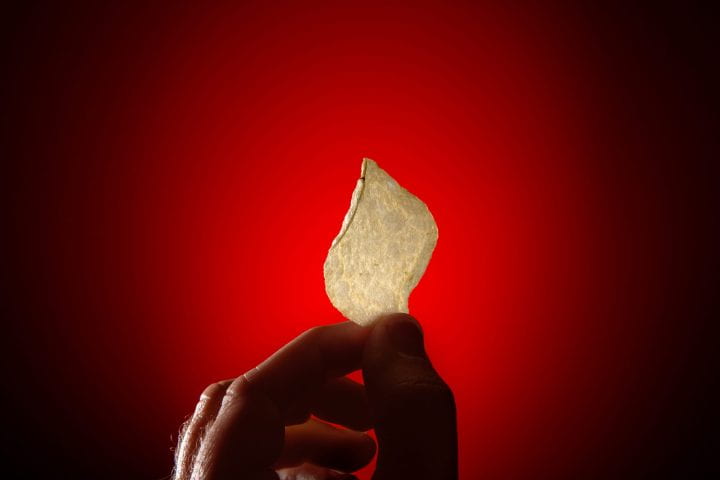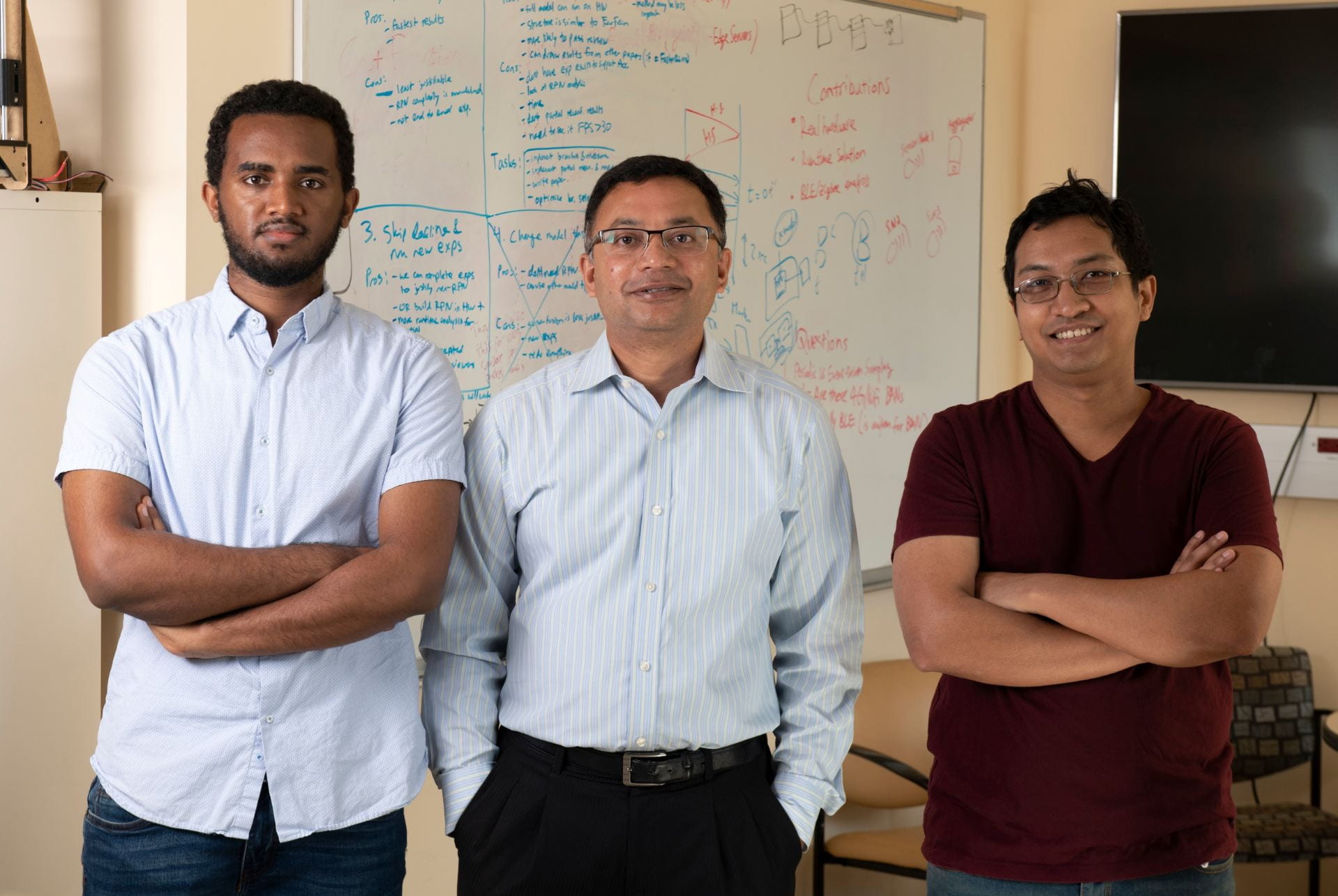The potato chip predicament
UC Irvine researchers found that fats in foods like potato chips and french fries make them nearly irresistible and trigger a surprising biological mechanism that likely drives our gluttonous behavior.

Potato chips and french fries rank among the worst contributors to weight gain — and with good reason. Have you ever wondered why you can’t eat just one chip or a single fry? A UC Irvine study reveals that it’s not just the carbohydrates at fault.
UCI researchers Daniele Piomelli, Nicholas DiPatrizio and colleagues found that fats in these foods make them nearly irresistible and trigger a surprising biological mechanism that likely drives our gluttonous behavior. The apparent culprits are natural chemicals in the body called endocannabinoids, which are similar to those produced by marijuana use.
In their study, the Piomelli team found that among rats given liquid diets high in fat, sugar or protein, the ones who got the fatty liquid had a distinctive reaction: As soon as it hit their taste buds, their digestive systems began producing endocannabinoids.
The compounds serve a variety of functions, including regulation of mood and stress response, appetite and movement of food through the intestines. Notably, they were released only when the rats tasted fat, not the sugar or protein.
The process starts on the tongue, where fats in food generate a signal that travels first to the brain and then through a nerve bundle called the vagus to the intestines. There, the signal stimulates the production of endocannabinoids, which initiates a surge in cell signaling that prompts the wanton intake of fatty foods, Piomelli says, probably by initiating the release of digestive chemicals linked to hunger and satiety that compel us to eat more.
“This is the first demonstration that endocannabinoid signaling in the gut plays an important role in regulating fat intake,” adds the Louise Turner Arnold Chair in the Neurosciences and professor of pharmacology.
Piomelli says that from an evolutionary standpoint, there’s a compelling need for animals to consume fats, which are crucial for cells to function properly, but for the most part are scarce in nature. In contemporary human society, however, fats have become readily available, and the innate drive to eat fatty foods is strongly linked to obesity, diabetes and cancer.
The findings suggest it might be possible to curb this tendency by obstructing endocannabinoid activity — for example, by using drugs that “clog” cannabinoid receptors. Since these drugs wouldn’t need to enter the brain, they shouldn’t cause the central side effects — anxiety and depression — seen when endocannabinoid signaling is blocked in the brain, Piomelli notes.
Director of the UCI School of Medicine’s Center for Drug Discovery & Development, Piomelli is one of the world’s leading researchers on endocannabinoids. His groundbreaking work is showing that this system can be targeted by new treatments for anxiety, depression and obesity.
Giuseppe Astarita of UCI and Gary Schwartz and Xiaosong Li of New York’s Yeshiva University contributed to the study, which received support from the National Institute of Diabetes & Digestive & Kidney Diseases and the National Institute on Drug Abuse. Study results appeared in the online edition of Proceedings of the National Academy of Sciences.

